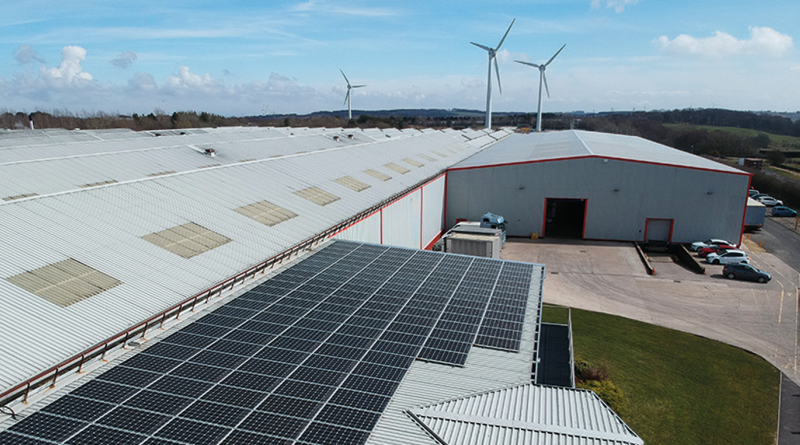Lanchester Wines Put Focus on Sustainability

 Tom van der Neut is business unit controller at Lanchester Wines.
Tom van der Neut is business unit controller at Lanchester Wines.
While carbon offsetting is relatively mainstream, more and more businesses are looking at how they can introduce carbon insetting – when companies invest in carbon reduction projects within their own supply chain. By engaging in carbon insetting, companies are investing in making their own products, practices and supply chains more sustainable.
The good news for operators is that the wine trade has focused on insetting for centuries. As the wine industry spans (literally) the globe, insetting has to be apportioned to the different elements of the wine process. You can firstly start by looking at the winery; how its adapted to its environment and social surroundings, and used the resources available from water conservation to soil management, vineyard grazing through to community projects.
Next, is the transportation of wine. Bulk shipping has many benefits, both monetary and sustainably: a Flexitank containing 24,000 litres will fit in a 20ft container, while the same volume in bottle would require two 40ft containers. With this comes a significant win on the environmental front, with CO2 savings of 37% (bulk vs bottled at source) which is around 2kg of CO2 per kilometre travelled.
Then look at how your importer or merchant has implemented their insetting programmes. There’s no one size fits all solution to sustainability, so its important to understand what each business has done to minimise their own specific impact on the environment. At Lanchester Wines, we started our insetting programme back in 2011 with the installation of our first wind turbine and solar panels shortly after – we’ve now invested over £13million in renewable energy and heat generation projects at sites across the North of England and our business is powered almost completely by wind and solar.
Lanchester Wines also actively seeks business partners and suppliers who share our vision to proactively improve their sustainability. Each of our wine suppliers has adapted to their environment and social surroundings, and used the resources available to them – from water conservation to soil management, vineyard grazing through to community projects.
In simple terms, it’s absolutely vital that every business implements carbon reduction programmes as soon as possible. Depending on budget, depending on suitability – but it’s vital to do what you can where you can.
Lanchester Wines has created a Sustainable Bulk Wine Partner Portfolio which can be downloaded from our website and shows the commitment from each of our partners, so our customers can be assured the wine in their glass truly is sustainable.
https://www.lanchesterwines.co.uk/what-we-do/sustainable-wine-business/
